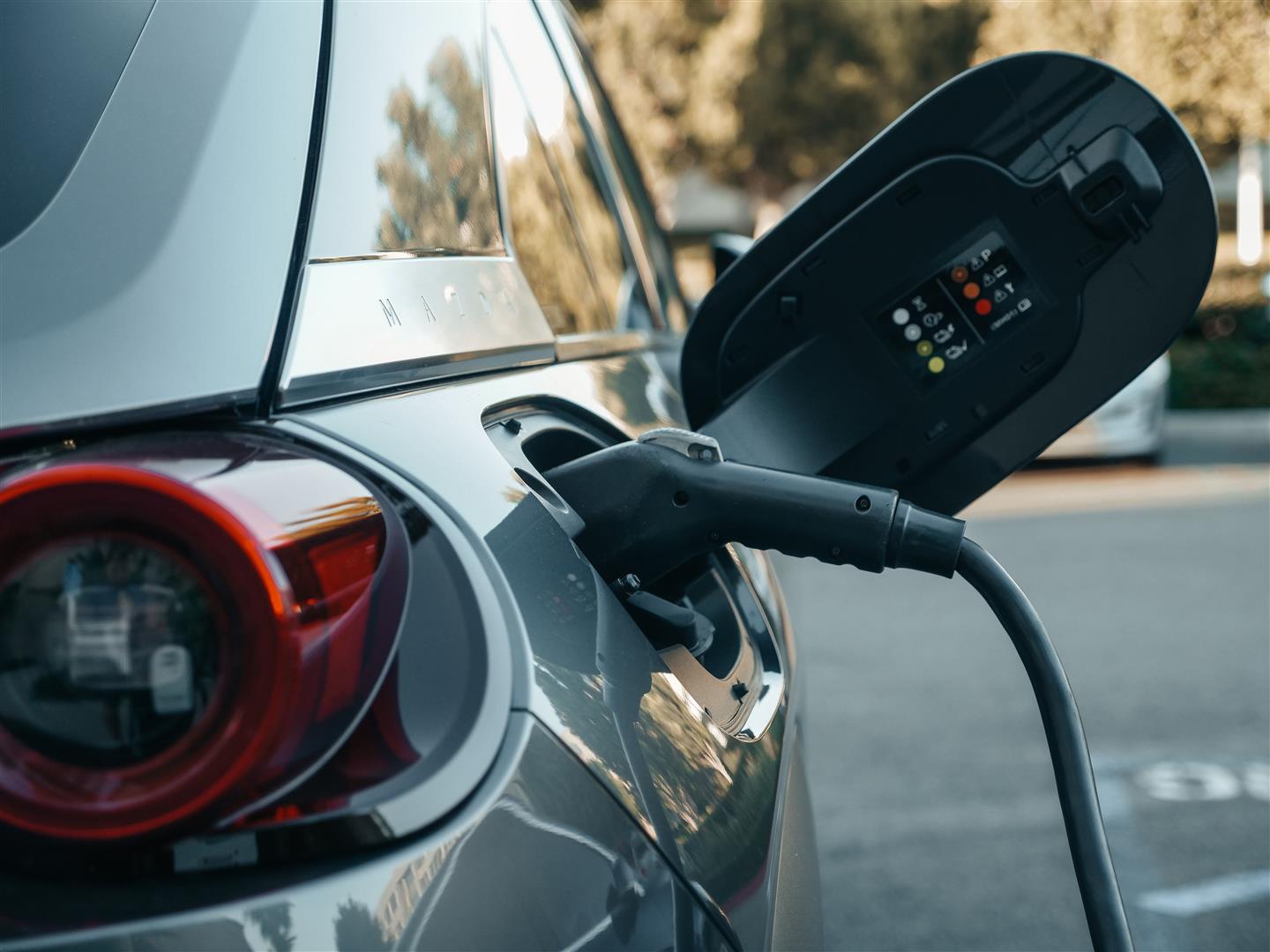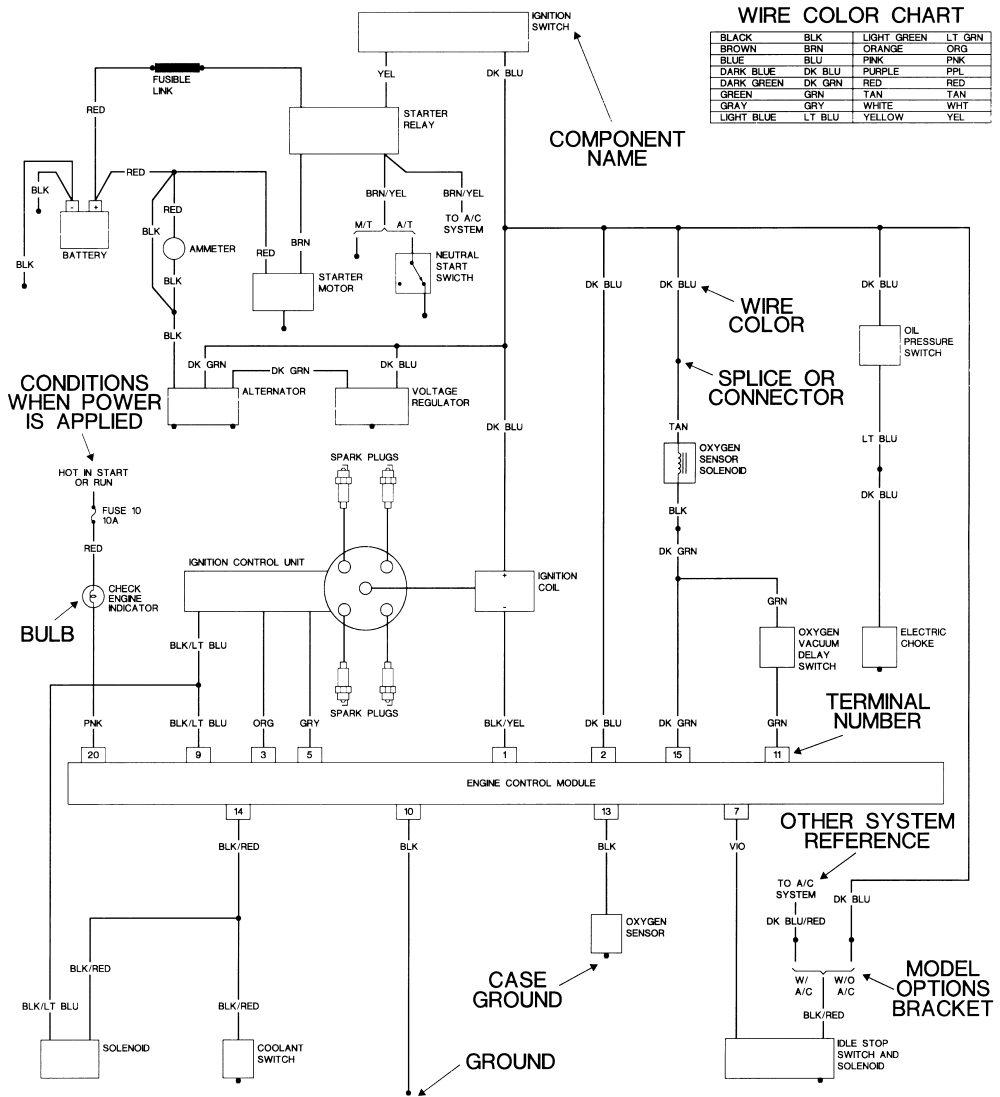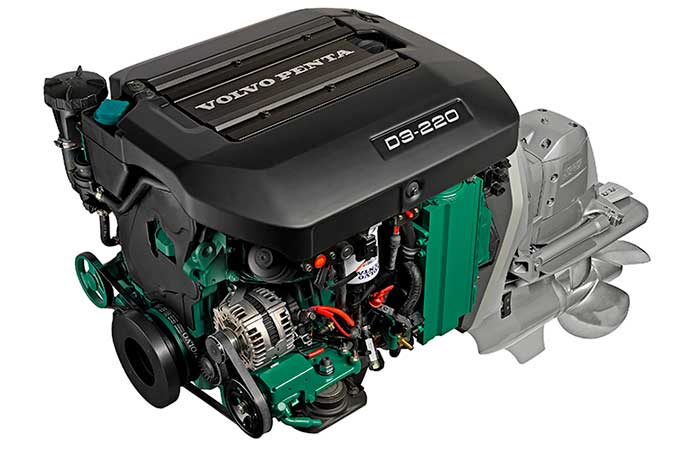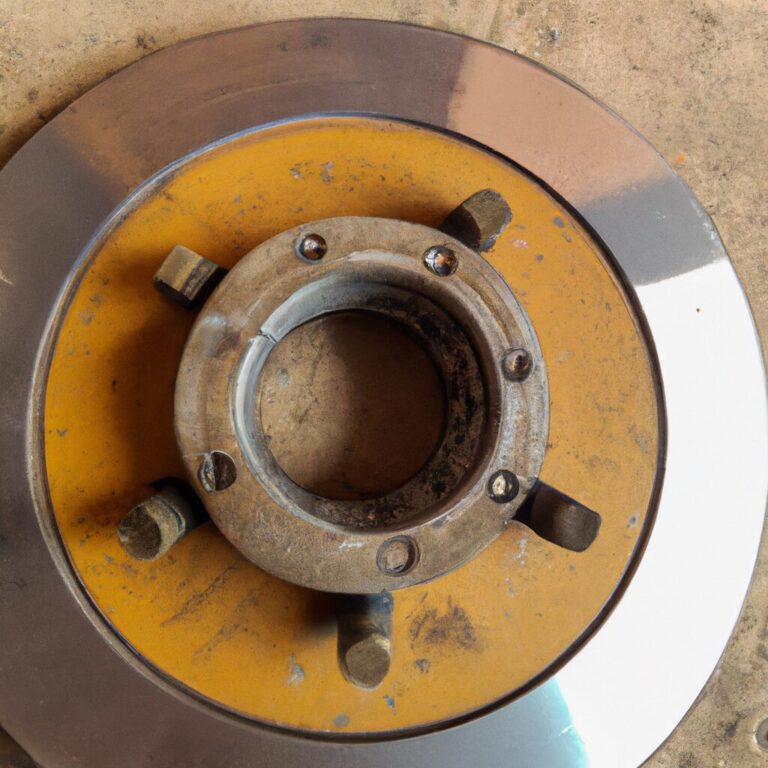7 Essential Tips for Alternator Maintenance
For effective alternator maintenance, follow these 7 essential tips to ensure optimal performance and longevity. Alternator maintenance is crucial to avoid breakdowns and costly repairs.
Maintaining your vehicle’s alternator is essential to keep it running smoothly and to avoid any unexpected breakdowns. The alternator plays a critical role in charging the battery and powering the electrical system of your vehicle. Neglecting regular maintenance can lead to reduced performance and even complete failure.
To help you keep your alternator in top shape, we have gathered seven essential tips that you should follow. By implementing these tips, you can prevent costly repairs and extend the lifespan of your alternator. So, let’s dive into these key maintenance practices that will ensure your alternator operates optimally for years to come.
Importance Of Alternator Maintenance
Proper maintenance of your vehicle’s alternator is crucial to ensure its optimal performance and longevity. Here are 7 essential tips to keep your alternator in top shape, avoiding costly repairs and breakdowns.
Preventing Power Failure
Regular alternator maintenance is crucial to prevent power failure in your vehicle. The alternator plays a vital role in keeping the battery charged and powering the electrical components while the engine is running. By following a few simple maintenance tips, you can ensure that your alternator functions optimally and prevents any unexpected power failures.
Avoiding Expensive Repairs
Proper alternator maintenance can also help you avoid expensive repairs down the line. Neglecting regular maintenance can lead to issues such as worn-out brushes, damaged diodes, or a faulty voltage regulator. These problems can cause the alternator to malfunction, resulting in reduced electrical power supply and potential damage to other components of your vehicle’s electrical system. By taking preventive measures, you can save yourself from the hassle and cost of major repairs or even having to replace the alternator entirely.
Tips For Alternator Maintenance
- Inspect the Drive Belt: Regularly check for any signs of wear or damage on the drive belt. If it appears cracked, frayed, or loose, replace it immediately to ensure proper functioning of the alternator.
- Check for Corrosion: Check the battery terminals and alternator connections for any signs of corrosion. Clean them regularly to maintain good electrical conductivity and ensure a reliable charge.
- Monitor Battery Voltage: Keep an eye on the battery voltage to detect any abnormalities. A reading below 12 volts indicates that the alternator may not be charging the battery properly.
- Listen for Unusual Noises: Pay attention to any unusual noises coming from the alternator, such as grinding or whining sounds. These may indicate that there is a mechanical issue that needs to be addressed.
- Keep the Alternator Cool: Make sure the alternator remains cool to prevent overheating, as excessive heat can damage its internal components. Avoid placing heavy objects near the alternator that could obstruct airflow.
- Test the Charging System: Regularly test the charging system to ensure the alternator is providing the correct voltage output. An automotive technician can perform this test and address any issues that may arise.
- Follow Manufacturer’s Recommendations: Lastly, refer to your vehicle’s owner manual for specific maintenance recommendations provided by the manufacturer. Adhering to these guidelines will help keep your alternator in optimal condition.
By following these essential tips for alternator maintenance, you can not only prevent power failure and expensive repairs but also prolong the lifespan of your vehicle’s electrical system. Taking proactive steps towards maintaining your alternator will ensure a smooth and reliable driving experience.

Credit: www.ervines.com
Regular Inspection And Testing
Ensure regular inspection and testing of the alternator to maintain optimal performance. Follow these essential tips to ensure the proper functioning of the alternator and prevent potential issues. By conducting routine checks, you can prolong the lifespan of your alternator and avoid unexpected failures.
Checking Belt Tension
Regular inspection and testing are essential for maintaining your alternator in optimal working condition. By conducting routine checks, you can identify any potential issues and address them before they become major problems. Here, we will discuss two crucial aspects of alternator maintenance: checking belt tension and testing output voltage. One of the first things you should do during inspection is to check the belt tension. A loose or worn-out belt can lead to inadequate power transfer, resulting in reduced alternator efficiency. To check the belt tension, start by turning off the engine and visually inspecting the belt for any signs of cracks, fraying, or damage. Ensure the belt is properly aligned and sitting snugly on the pulleys. You can also use a belt tension gauge to measure the amount of deflection, ensuring it falls within the manufacturer’s recommended range. If the belt tension is too loose or tight, make necessary adjustments to ensure proper functioning.Testing Output Voltage
Another crucial aspect of alternator maintenance is testing the output voltage. A malfunctioning alternator may not generate the required voltage to charge the battery and power the electrical systems of your vehicle. To test the output voltage, you will need a multimeter and a fully charged battery. Start by connecting the multimeter’s positive (red) lead to the positive terminal of the battery, and the negative (black) lead to the negative terminal. Turn on the engine and let it idle. Check the multimeter readings for the voltage produced by the alternator. Ideally, the output voltage should range between 13.8 and 14.4 volts. Any values significantly lower or higher than this range indicate a potential issue with your alternator. If the output voltage is below the recommended range, it may suggest a faulty alternator or a problem with the voltage regulator. In this case, it is advisable to consult a professional mechanic for further diagnostics and repairs. Regular inspection and testing of your alternator’s belt tension and output voltage are essential to ensure its optimal performance. By following these tips, you can prevent potential breakdowns and costly repairs, keeping your vehicle running smoothly and efficiently.Cleaning And Lubrication
The cleaning and lubrication of your alternator are vital for its proper functioning and longevity. Regular maintenance in this area ensures that the moving parts remain free from debris and well-lubricated, minimizing the risk of wear and tear. Below are essential tips for cleaning and lubricating your alternator to keep it running smoothly.
Removing Debris
Debris like dust, dirt, and grime can accumulate on the alternator, causing it to overheat and malfunction. To remove debris, follow these steps:
- Turn off the engine and let the alternator cool down.
- Use a soft-bristled brush or compressed air to gently remove the debris from the alternator casing and surrounding areas.
- Inspect for any stuck debris and ensure thorough removal to prevent potential damage to the alternator.
Lubricating Moving Parts
The moving parts of the alternator, such as bearings and pulleys, require proper lubrication to reduce friction and wear. Here’s how you can effectively lubricate the moving parts:
- Identify the lubrication points on the alternator, including the bearings and pulleys.
- Use a high-quality, manufacturer-recommended lubricant to apply a thin layer to the designated areas.
- Ensure even distribution of the lubricant and wipe off any excess to prevent buildup.
Addressing Warning Signs
Recognizing warning signs of alternator issues is crucial to prevent breakdowns. Address these signs promptly to avoid potential costly repairs.
Listening For Unusual Noises
Strange noises like grinding or whining can indicate alternator problems. Never ignore these sounds; address them immediately.
Recognizing Dashboard Warnings
Dashboard warnings such as the battery light coming on signal potential alternator issues. Pay close attention to these warnings and take action promptly.
Ensuring Proper Battery Connection
Proper battery connection is crucial for the optimal performance of your alternator. Checking cables and monitoring battery health are key steps in maintaining a strong connection.
Inspecting Cables
- Regularly inspect battery cables for any signs of wear or corrosion.
- Ensure cables are tightly secured to the battery terminals.
- Replace any damaged cables promptly to avoid potential electrical issues.
Monitoring Battery Health
- Check battery fluid levels regularly and top up if necessary.
- Test the battery’s voltage to ensure it is within the optimal range.
- Clean battery terminals to prevent corrosion that can interfere with proper connection.
Protecting Against Overloading
The alternator is a crucial component of your vehicle’s electrical system, and protecting it against overloading is essential for its proper maintenance. Overloading can cause stress on the alternator, leading to premature wear and potential damage. To ensure the longevity and performance of your alternator, here are some vital tips to protect against overloading.
Understanding Electrical Load
Understanding the electrical load your vehicle’s alternator can handle is vital for preventing overloading. The electrical load refers to the total current drawn by all electrical systems in the vehicle, including lights, audio, and other accessories. Keeping track of the electrical load can help you avoid pushing the alternator beyond its capacity, reducing the risk of overloading.
Using Properly Rated Accessories
Using properly rated accessories is crucial to prevent overloading the alternator. Insist on using accessories that are compatible with your vehicle’s electrical system and rated to work within the alternator’s capacity. This will help maintain a balanced electrical load and reduce the likelihood of overloading, safeguarding the alternator from unnecessary strain.
Professional Maintenance And Repairs
Proper alternator maintenance is crucial for the longevity of your vehicle. Follow these 7 essential tips for professional maintenance and repairs to ensure optimal performance and avoid costly breakdowns. Regular inspections and timely servicing will keep your alternator functioning at its best.
Seeking Professional Assistance
Maintaining and repairing an alternator is crucial for the smooth functioning of your vehicle. While some basic maintenance tasks can be performed by car owners themselves, seeking professional assistance is essential for more complex issues. Expert mechanics possess the knowledge, experience, and tools necessary to diagnose and fix alternator problems effectively. By entrusting your alternator maintenance to professionals, you can ensure the job is done correctly, minimizing the risk of further damage and costly repairs in the long run.Replacing Worn Components
Detecting and replacing worn components is a vital aspect of alternator maintenance. Over time, the internal elements of an alternator such as brushes, diodes, and bearings can become worn out due to continuous use. When this happens, the alternator’s performance can be compromised, leading to decreased charging capabilities or even complete failure. Inspecting these components regularly and replacing them when necessary is essential for optimal alternator operation.Detecting Worn Components
To detect worn components, visually inspect the alternator for any signs of damage or wear. Look for frayed wires, loose connections, or components that appear burnt or corroded. Additionally, pay attention to any unusual noises, such as grinding or whirring, that may indicate a problem. Testing the alternator’s output using a voltmeter can also help identify potential issues.Replacing Worn Components
If you notice any worn or damaged components during inspection or testing, it is crucial to replace them promptly. Obtain the necessary replacement parts from a reputable supplier or consult a professional mechanic for assistance. When replacing components, ensure you follow the manufacturer’s specifications, using the correct tools and procedures.Considerations for Replacement
When replacing worn components, it is advisable to opt for high-quality, OEM (Original Equipment Manufacturer) parts. Although aftermarket parts may seem more affordable, they may not meet the same standards of quality and durability. Using OEM parts guarantees compatibility and reliability, ensuring optimal performance and longevity for your alternator.Preventive Maintenance
Besides detecting and replacing worn components, implementing preventive maintenance measures is crucial to extending the lifespan of your alternator. Regularly cleaning the alternator and its surrounding area can help prevent debris and dirt buildup, which can lead to overheating and damage. Additionally, ensuring the drive belt is properly tensioned and in good condition can prevent unnecessary strain on the alternator.Proper Handling and Storage
When performing maintenance or repairs on your alternator, it is essential to handle the components carefully to avoid further damage. Follow the manufacturer’s guidelines for proper handling and storage of alternator components. Protect them from exposure to moisture, extreme temperatures, and corrosive substances. By seeking professional assistance for alternator maintenance and repairs and promptly replacing worn components, you can ensure the reliable performance of your vehicle’s electrical system for years to come. Regular preventive maintenance and proper handling practices further contribute to the longevity and efficiency of your alternator. Remember, a well-maintained alternator is essential for keeping your vehicle’s battery charged and your vehicle running smoothly.
Credit: www.autozone.com

Credit: www.boatus.com
Frequently Asked Questions Of 7 Essential Tips For Alternator Maintenance
How Do I Keep My Alternator Healthy?
To keep your alternator healthy, regularly check for any signs of wear or damage. Ensure proper tension on the belt and keep the battery terminals clean. Avoid overloading the electrical system and have it inspected by a professional if issues arise.
How Can I Prolong The Life Of My Alternator?
To prolong the life of your alternator, regularly check the belt tension and condition. Keep the electrical system well-maintained. Use high-quality components and replace worn-out parts promptly. Avoid overloading the alternator and minimize sudden changes in electrical load. Keep the alternator clean and free of debris.
What Are Three Safety Precautions You Would Take When Servicing An Alternator?
To ensure safety when servicing an alternator, follow these precautions: 1. Disconnect the battery to prevent electric shocks. 2. Wear protective gloves and eyewear to shield against any potential hazards. 3. Avoid wearing loose clothing that could get caught in the alternator’s moving parts.
What Is The Preventive Maintenance Of The Alternator?
Regular preventive maintenance of the alternator is important. It involves checking for loose connections, inspecting belts for wear and tear, cleaning any debris, and ensuring proper lubrication. It’s also crucial to test the alternator’s voltage output regularly to ensure optimal performance and identify any potential issues.
Conclusion
Following these essential tips for alternator maintenance can help you extend the lifespan of your vehicle’s electrical system. Regular inspection, cleaning, and proper usage are crucial for optimal performance. By adhering to these practices, you can avoid unexpected breakdowns and ensure a smooth driving experience.
Taking care of your alternator will ultimately save you time and money in the long run.


